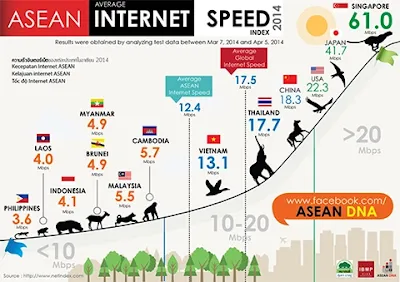Is it me or are Philippine politicians that fond of band-aid solutions? A few days ago, I ended up reading from The Philippine Star where Senator Jose Pimentel Ejercito Jr. aka Jinggoy Estrada proposed yet another band-aid solution. Here's an excerpt from what Estrada wants to do:
It seeks to amend Section 20 of the Public Telecommunications Policy Act of the Philippines to include a provision mandating refund credit to a customer who experienced a service outage and disruption for an aggregate period of 24 hours or more within a month.
Under the proposed measure, the refund credit shall be also granted to customers subscribing to a service on a prepaid basis.
“Why should we pay for a service that we have not benefited from? And at a time when almost everything depends on gadgets and digital devices, it is important to have a fast, accessible and reliable connection,” Estrada said in Filipino.
“Genuine accessibility can only be achieved if the connection services are regular, reliable, consistent, uninterrupted, and fast to allow continuity of activities and interconnection among different users,” he added.
I really must laugh at the proposal if it's intended to be long-term. Sure, there's the problem of a choppy Internet connection. The proposal seems good on paper until we realize one thing. How can two or three telecommunications companies (telcos) ever fill the need of an archipelago? There are 7,107 islands and a total of 18 regions, 81 provinces, 145 cities, 1,489 municipalities, and 42,029 barangays. The real problem is all about supply and demand.
The real constraint is too few service providers and too many islands. Back then, we only had a duopoly with Globe and PLDT. I heard DITO is now questionable though I can't verify that. Fortunately, there's now Starlink in the Philippines. There's also the Public Services Act of 2022 which was renounced as "imperialism" by fools. If we think about it, the Philippines has been overtaken by Communist Vietnam.
Please stop believing fools like Bayan Muna, IBON Foundation, Kabataan Partylist, League of Filipino Students, and Migrante International (to name a few). They keep saying it's "imperialism". A big question that's worth throwing on their faces if they can really have a long-term solution. If their solution is again, based on their dream of a protectionist advancement, they really need to check out what happened during Mao Zedong's Great Leap Forward. The dream of a protectionist industrialized utopia only ended up in failure.
Do I need to specify that the removal of 60-40 shares of ownership means that FDIs don't need a local partner? That would encourage more FDIs to come here. Nobody in their right mind would want to invest in a country where they must find a local partner, be allowed to own only up to 40% equity, and have to share 60% of the net income (read here). If you're afraid of them getting rich--they only get rich based on net income after taxes (read here).
The real solution is all about healthy competition. Welcoming FDIs to invest and compete with the locals fill in the supply and demand gap. Local businesses might have better connections now thanks to Starlink. Local businesses can benefit from better telco services to communicate with both local and international customers. The refunds will not help boost the speed. With more telcos, we can expect the supply and demand gap in the Philippines to be closer.
